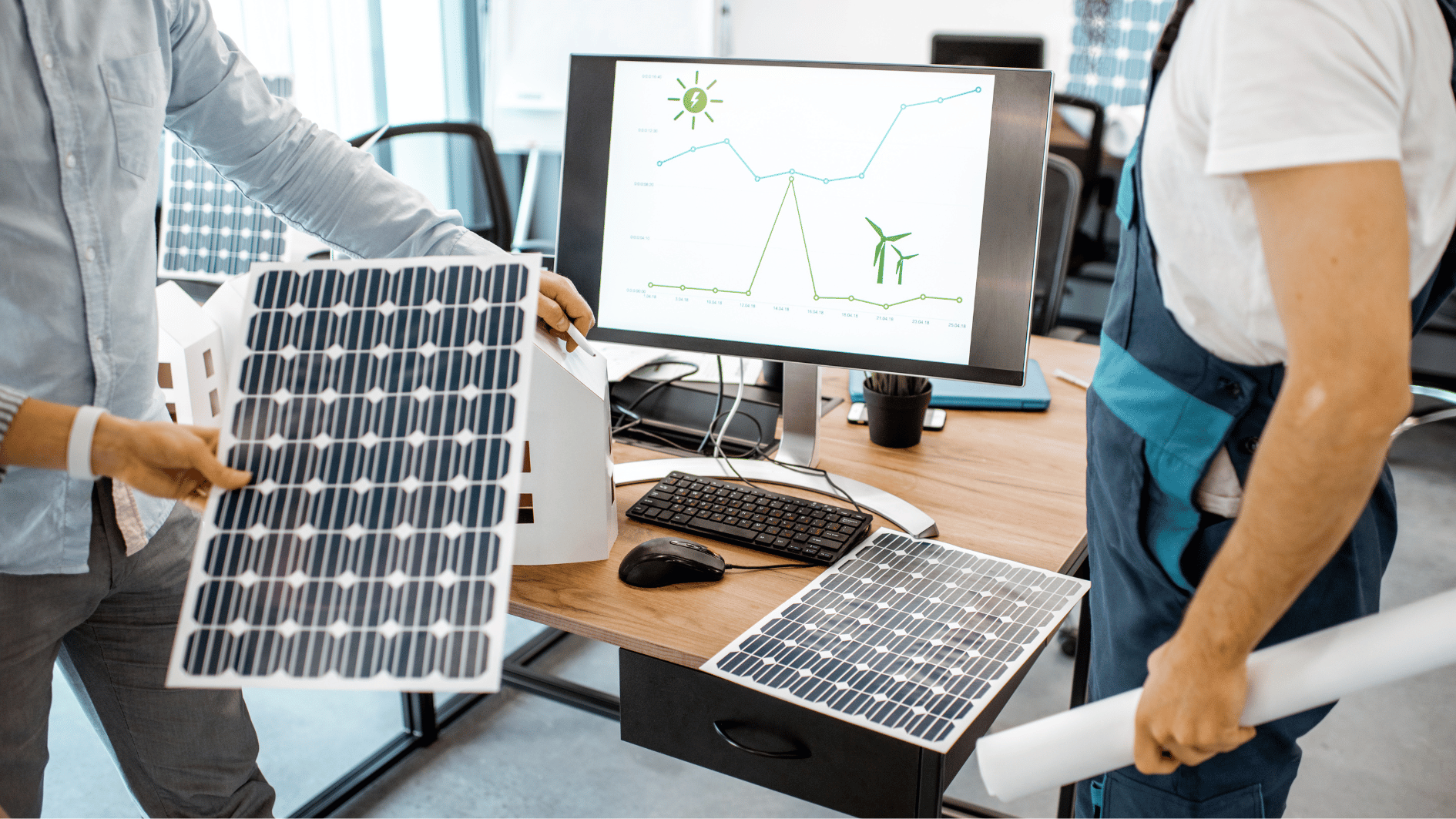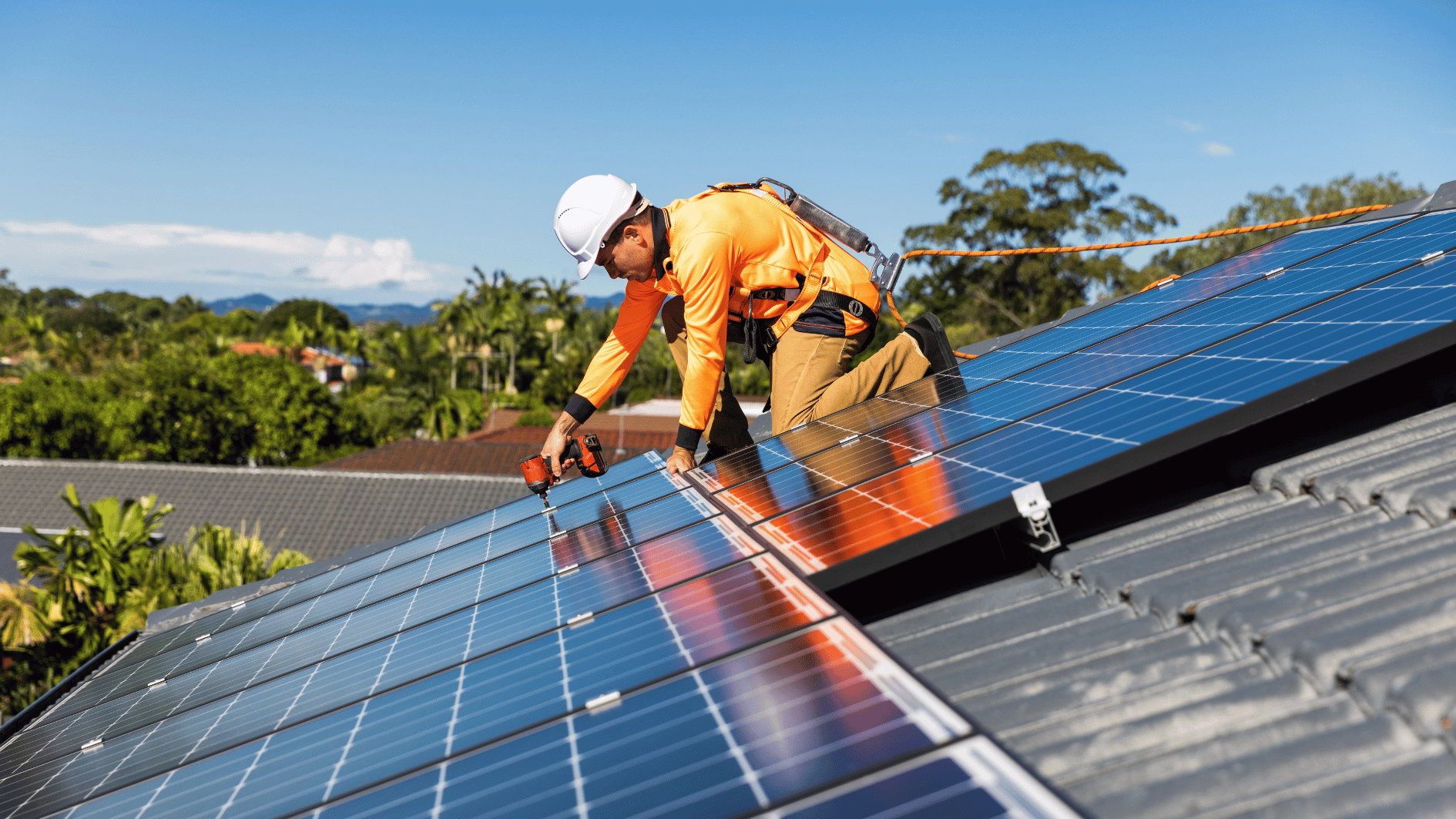Image source: Canva.com
Nevada’s first green bank, the Nevada Clean Energy Fund, has launched a $156 million federal funding initiative to expand access to solar power for low-income households. The funding, made possible by the Inflation Reduction Act (IRA), aims to help renters and property owners overcome the financial and logistical barriers to solar energy adoption.
Expanding solar access
The program, called “Solar for All,” is expected to finance 125 multifamily affordable housing and community solar projects across Nevada by 2029. These projects aim to reduce energy costs by at least 20% for over 20,000 low-income and disadvantaged households.
Nevada received the highest per capita funding under the Solar for All program, with an award equal to larger states like Florida, Illinois, and Pennsylvania, despite their significantly higher populations.
Funding details
- Community solar hosts: Eligible for up to $5 million per project.
- Affordable housing properties: Can receive up to $2 million per installation.
Applications opened last week for multifamily affordable housing property owners and community solar hosts interested in accessing the funding. Agreements are expected to be finalized, and funds distributed, within 60 days of formal application submissions.
Bridging the solar gap
While rooftop solar has surged in popularity, high upfront costs and structural limitations have prevented many low-income households and renters from accessing solar energy benefits. The IRA addresses this disparity by directing funding to governments, nonprofits, and businesses that commit to sharing at least half of their solar energy gains with low-income communities.

US BLM moves forward with solar projects in Nevada and Arizona
“We are thrilled to begin making financial assistance available under such an unprecedented program in Nevada,” said Kirsten Stasio, CEO of the Nevada Clean Energy Fund.
Community partnerships
More than 50 potential awardees have already begun the process of hosting solar projects financed through the Green Bank. Churches, local governments, nonprofits, and businesses are among those eligible to host community solar sites.
The fund is also collaborating with large nonprofit affordable housing developers, including Nevada HAND, to identify potential multifamily affordable housing project sites.
With the program’s potential to significantly lower energy costs for thousands of residents, Nevada is positioning itself as a leader in equitable access to clean energy solutions.
Source: Renewable Energy World





